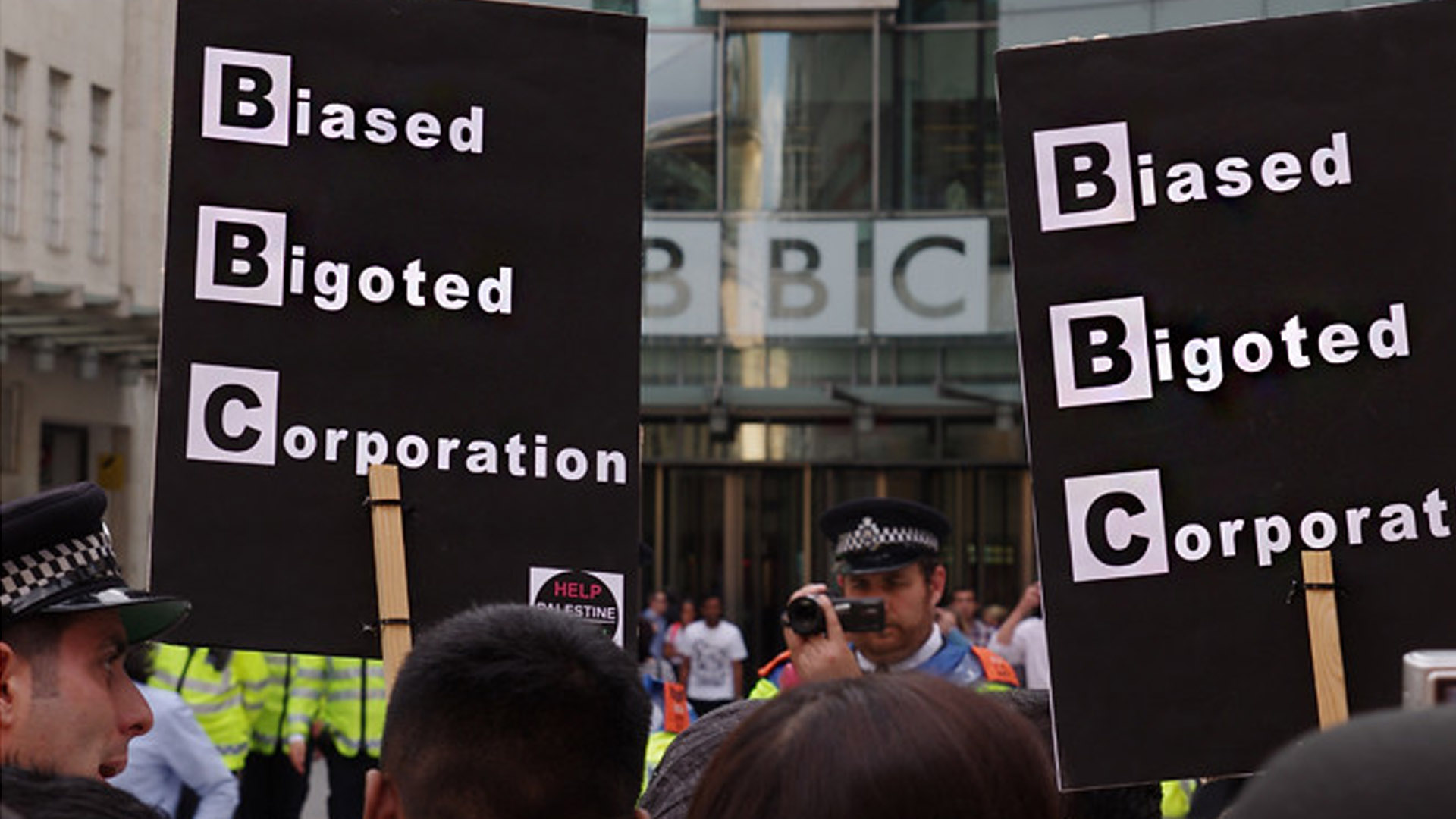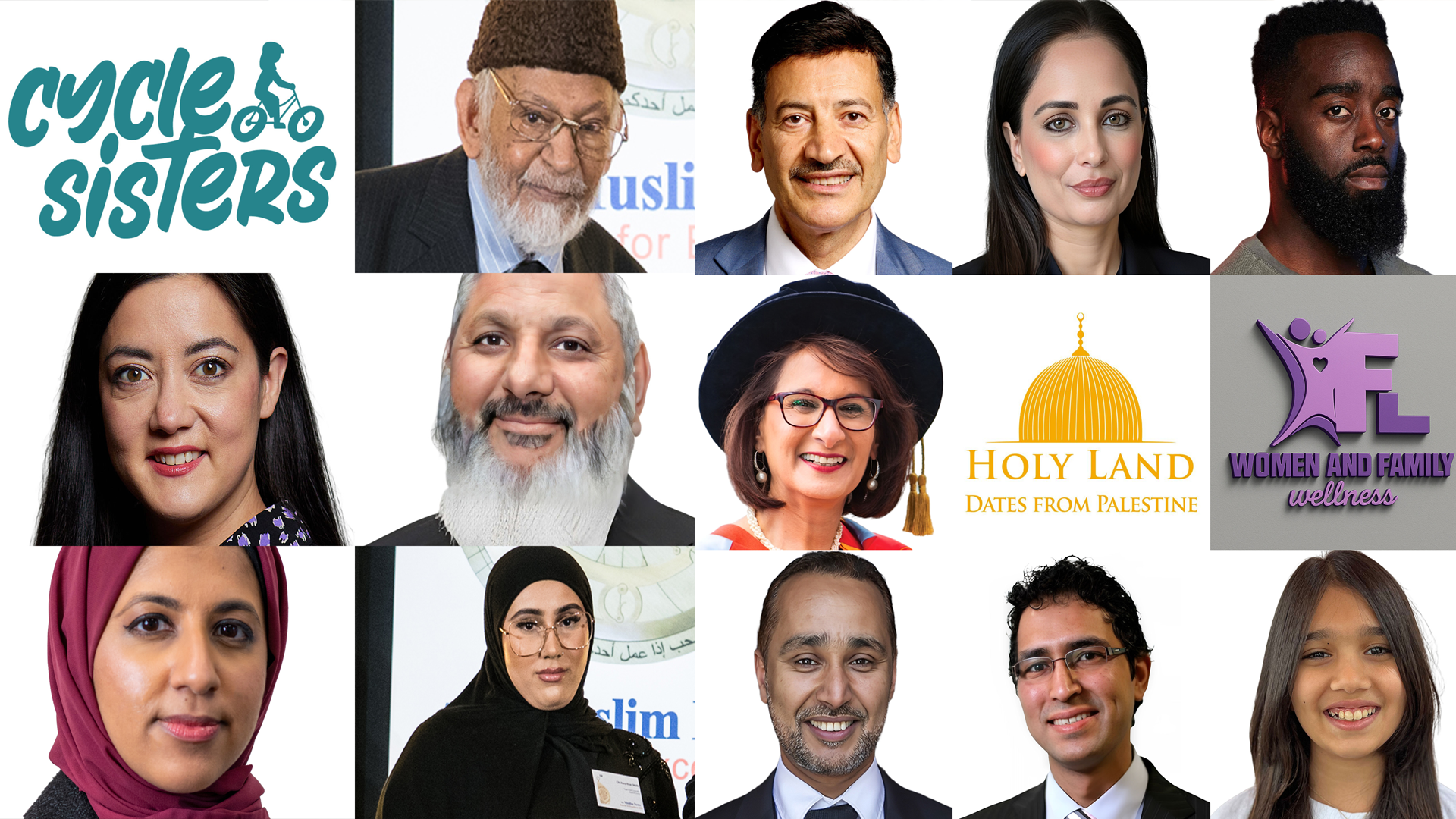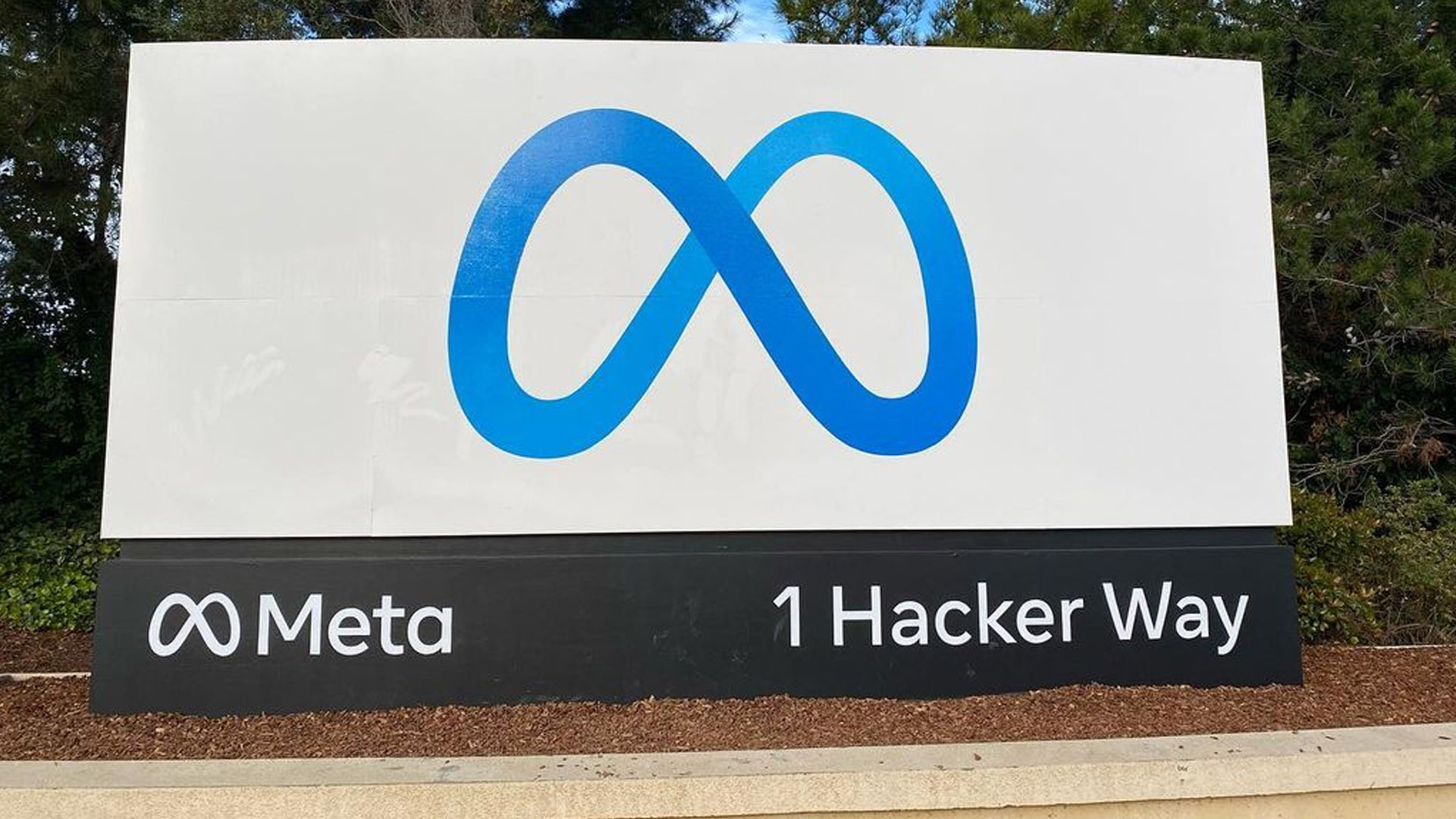
Nadine Osman
Findings presented at a panel titled “Double Standards: Has the media failed in its coverage of the Gaza genocide?” hosted by the International Centre of Justice for Palestinians (ICJP) on June 28 in London, highlighted significant concerns regarding Western media coverage of the conflict in Gaza.
Experts reported that major outlets, including the BBC, have frequently downplayed or omitted references to genocide and exhibited a notable imbalance in language when reporting on Israeli and Palestinian actions.
Faisal Hanif, media analyst at the Centre for Media Monitoring (CFMM), detailed that the BBC removed references to “genocide” in its Gaza coverage over 100 times in the past year, and noted that the term “massacre” was used 18 times more frequently in connection with Hamas attacks than with Israeli strikes against Palestinians. “There is a consistent trend of erasing or downplaying Palestinian suffering,” Hanif said. “The language used is far from neutral—it reflects a deep institutional bias toward Israeli official narratives.”
Omar al-Ghazzi, Associate Professor of Media and Communications at the London School of Economics, described this phenomenon as a “war on history,” emphasizing the role of media in shaping both present understanding and future historical memory of the conflict.
“The media is not only shaping our understanding of this war in real time,” he stated, “but also curating what future generations will know about it.”
British-Israeli journalist Rachel Shabi criticised international media outlets for uncritically amplifying official Israeli perspectives while sidelining Palestinian journalists and their reports from the ground.
“Even when Palestinian journalists are included, their voices are often treated with suspicion,” Shabi noted. “The media has, at times, put Palestinian victims on trial, questioning their reliability as witnesses to their own suffering.”
Historian Avi Shlaim characterized Israel’s media strategy as a calculated propaganda campaign designed to suppress dissent by equating criticism of Israeli policies with antisemitism.
Genocide scholar Martin Shaw introduced the concept of “implicatory denial,” referring to the phenomenon where recognition of atrocities is not followed by meaningful action.
“The media may be shifting slightly,” Shaw observed, “but it still lags behind the scale of reality. Even where there is recognition, there is no real push to stop the genocide.”
Wadah Khanfar, former Director General of Al Jazeera and President of the Al-Sharq Forum, connected media bias to wider geopolitical goals, warning of efforts to marginalise Arab voices in reshaping the Middle East.
“There’s a deliberate effort to engineer a new Middle East in the West’s image,” Khanfar said. “Netanyahu’s approach exemplifies an arrogance that seeks to control this future unilaterally.”
Daniel Levy, former Israeli peace negotiator, questioned Israel’s long-term strategy and its implications for Israeli society.
“Is this the third Jewish kingdom?” Levy asked, referencing historical collapses. “A growing number of Israelis are expressing disillusionment, questioning the sustainability of current military campaigns.”
Closing the panel, Tayab Ali, Director of the ICJP, highlighted the selective enforcement of international law.
“The frameworks for justice exist in theory but are applied inconsistently,” Ali said. “This reinforces a perception that violations against Palestinians will go unpunished.”
The panel concluded with a call for increased scrutiny of media coverage and for amplifying Palestinian voices in international reporting on the Gaza conflict.
(Header photo:( RonF/Fickr Commons)

